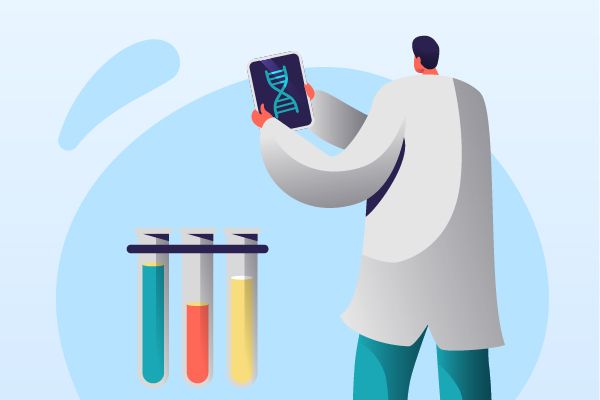Adrenomed presents novel results for their precision medicine therapy with enibarcimab for septic shock
Adrenomed AG, the corporation specializing in vascular integrity, has disclosed recent discoveries regarding the biomarker-directed therapy of septic shock with enibarcimab. The new-found insights from the phase II AdrenOSS-2 clinical trial solidify the precision medicine methodology that Adrenomed employs in constructing its non-neutralizing antibody, enibarcimab, for septic shock remediation. The evidence suggests a specific group of patients who can greatly benefit from enibarcimab, discernible through the biomarkers Adrenomedullin (ADM) which exhibits heightened levels, and diminished levels of circulating dipeptidyl peptidase 3.
👇Please click on the image below to directly access the latest data (R&D Status | Core Patent | Clinical Trial | Approval status in Global countries) of this drug.
In anticipation of a conclusive clinical trial, the biomarker-informed, double-blind, randomized, placebo-controlled stage II examination AdrenOSS-2 encompassed a predefined assessment of cDPP3's function as an alternative biomarker to eliminate patients unlikely to react positively to enibarcimab treatment.
DPP3 is a cytosolic enzyme participating in the degradation of several cardiovascular and endorphin intermediaries. Elevated circulating DPP3 signifies a high threat of organ malfunction and mortality. The pathway is fundamentally detached from vascular integrity loss which is regarded as the chief mortality cause in septic shock, represented by increased plasma ADM levels.
Consequently, the purpose of further studies was to gauge the influence of varying cDPP3 levels on the treatment's effectiveness and to identify a suitable cut-off level. It was shown that enibarcimab's impact on mortality enhances with lower cDPP3 values and those patients with a rise in ADM, but not in baseline cDPP3, gained the most from enibarcimab treatment. After 28 days, this group of patients witnessed a statistically meaningful >60% relative reduction in mortality compared to placebo.
Adrenomed's CMO, Dr. Stephan Witte, remarked, "We're ecstatic about these revelations. They bolster Adrenomed's theory that a linkage exists between initial DPP3 levels and enibarcimab's treatment effects in septic shock patients. Following numerous letdowns with alternative prospective treatments in progress, this is a significant validation of Adrenomed's initiatives to incorporate precision medicine - a long-standing approach in other disease sectors like oncology - into intensive care units to attenuate patient heterogeneity and create potent treatments."
👇Please click on the picture link below for free registration or login directly if you have freemium accounts, you can browse the latest research progress on drugs, indications, organizations, clinical trials, clinical results, and drug patents related to this target.
According to the data provided by the Synapse Database, As of September 12, 2023, there are 4 investigational drugs for the ADM target, including 7 applicable indications, 4 R&D institutions involved, with related clinical trials reaching 8,and as many as 3239 patents.
The analysis of the indication Shock, Cardiogenic reveals a competitive landscape with companies such as Tsuruhara Pharmaceutical Co. Ltd., Kirin Holdings Co., Ltd., and Shanghai Pharmaceuticals Holding Co., Ltd. leading in terms of development phase. Approved drugs target DRDs, ADM, protein C, and NOS. This analysis provides insights into the current state and future development of the indication Shock, Cardiogenic in the pharmaceutical industry.






